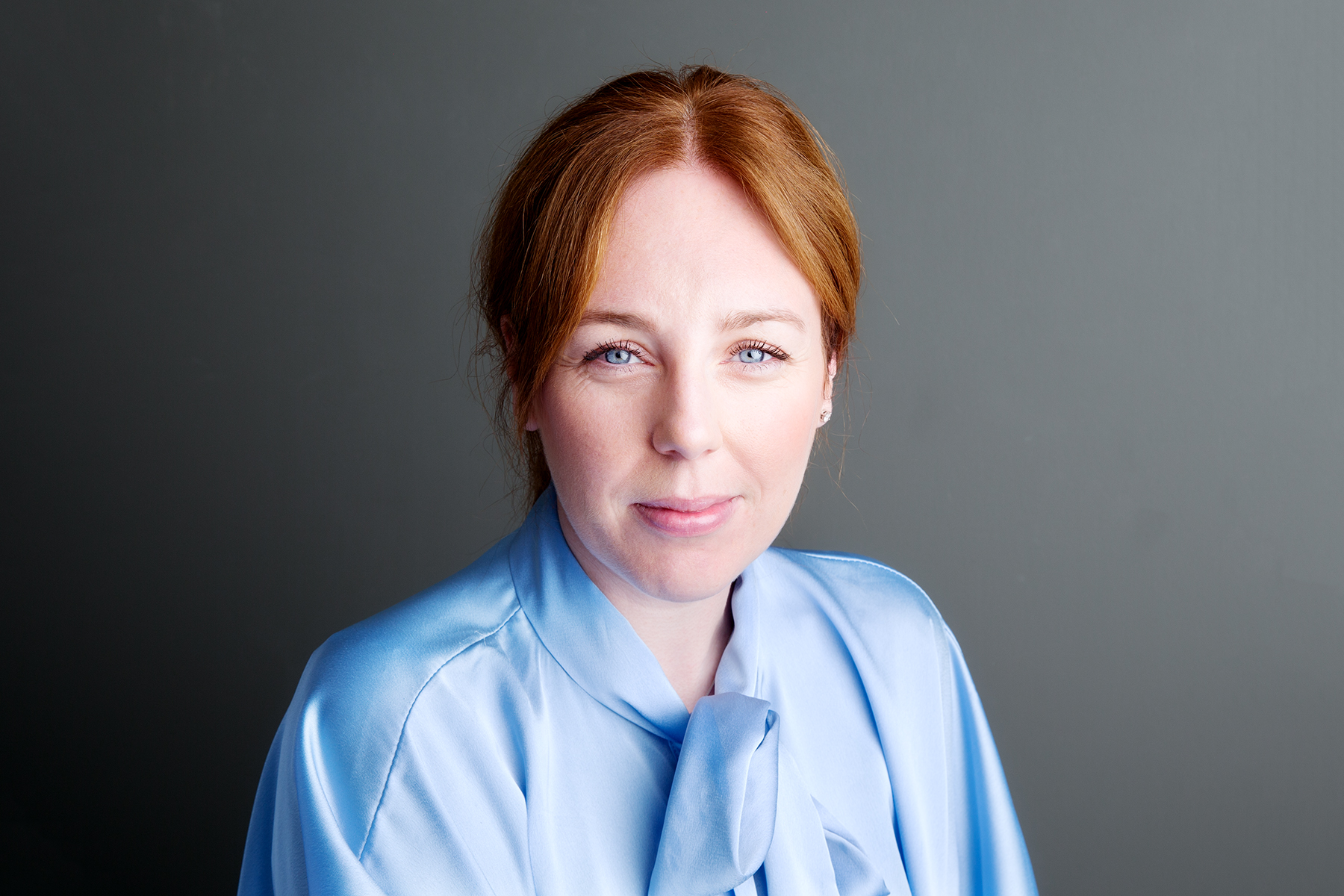The Mental Toll of Marriage Breakdown
Published on 07 January, 2019 | Katie Dillon

It will come as a surprise to very few that even the most amicable end to a marriage can be a time of great sensitivity and no little stress either.
Some spouses might have been together for many years, only to find that any difficulties which they had could simply not be overcome.
To the very natural strain of two people moving apart can be added the complications of who will care for any children and how, the need to find new accommodation, the division of assets and, of course, the involvement of family and friends.
The toll which all those factors take manifests itself in different ways with different people.
However, one thing which myself and my colleagues at Hall Brown Family Law have become aware of is the number of men and women reporting that it’s not necessarily the process of divorce but the circumstances in which marriages end which is leaving them with a variety of mental health issues.
As I’ve been telling Steve Doughty, the Social Affairs Correspondent for the Daily Mail (https://www.dailymail.co.uk/news/article-6521685/Experts-warn-stress-divorce-bring-depression-PTSD-suicidal-thoughts.html), looking over our case files we have found a considerable number of individuals suffering from stress to severe depression.
In the most extreme instances, some have even admitted experiencing suicidal thoughts.
These effects are not confined to those break-ups which might be described as problematic – divorces with the sort of tensions which feature in the nation’s newspapers.
What we can’t be sure of is whether there is an increase in such matters or if the greater social understanding of mental health concerns means that people are more willing to discuss problems which they may have.
Either way, what we have seen underlines the importance of those deciding to divorce receiving adequate support.
Whenever someone comes to us at the start of a divorce – regardless of whether they initiate proceedings or not – we always recommend counselling.
Experts have identified the need not only for spouses to have access to psychological support but children too, given the potential for a marital collapse to have lasting impact on entire families.
Divorce lawyers like ourselves do our best to resolve matters as swiftly, positively and compassionately as possible.
We appreciate that we are only one part of the equation.
No two spouses are the same or react in the same way to the experience of divorce.
In my opinion, though, they should all feel able to take advantage of a broad support network, made up of professionally-qualified counsellors and a more informal group of friends, colleagues and relatives to ensure that they feel ready and able to tackle the next phase of their lives.